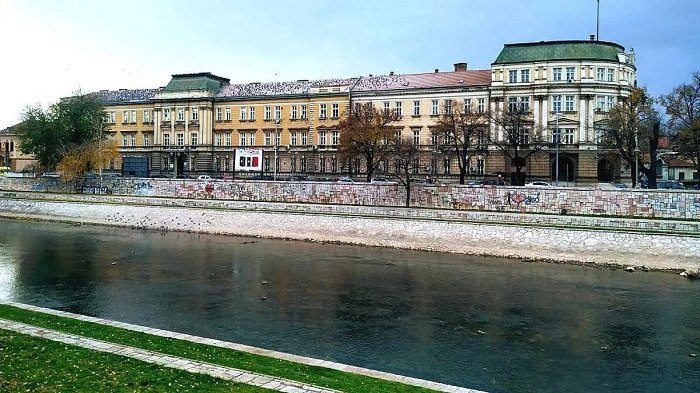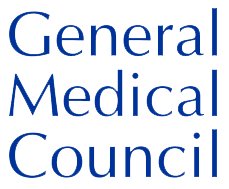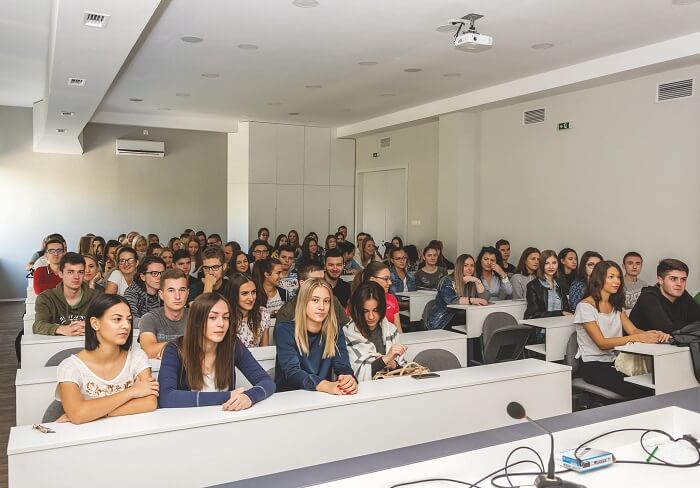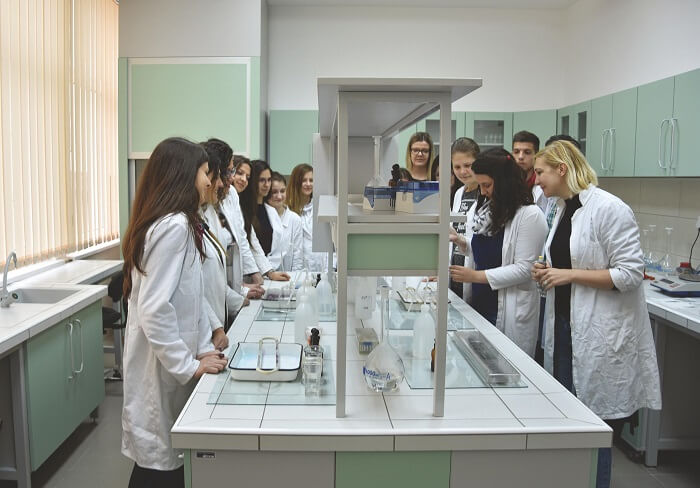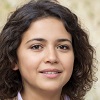The city of Nis is the third largest in Serbia, with a population of a little under 200,000 people. It’s primarily known for its rich history, dating back to the 3rd century BC and sporting numerous museums and historical sites.
Some popular destinations include Tinkers Alley, a row of restaurants, cafes and other establishments, all located in 18th-century buildings. The city also sports several parks, with the biggest one, Cair Park, located close to the hospital where University of Nis students practise.
While the university doesn’t provide dorms to international students, rent is very affordable, with prices ranging from £70 for small studios to £170 for bigger apartments. Most students choose to stay in one-bedroom apartments near the university for about £130 a month.
Nis is a very convenient city for travel, both within its borders and internationally. The Nis Constantine the Great Airport offers direct flights to most big cities in the world. On a smaller scale, public transport in the city is very affordable, and bus stops are quite common.

